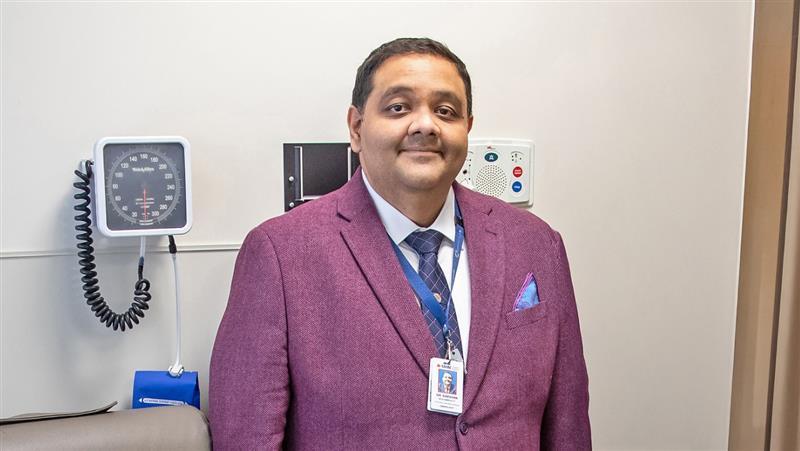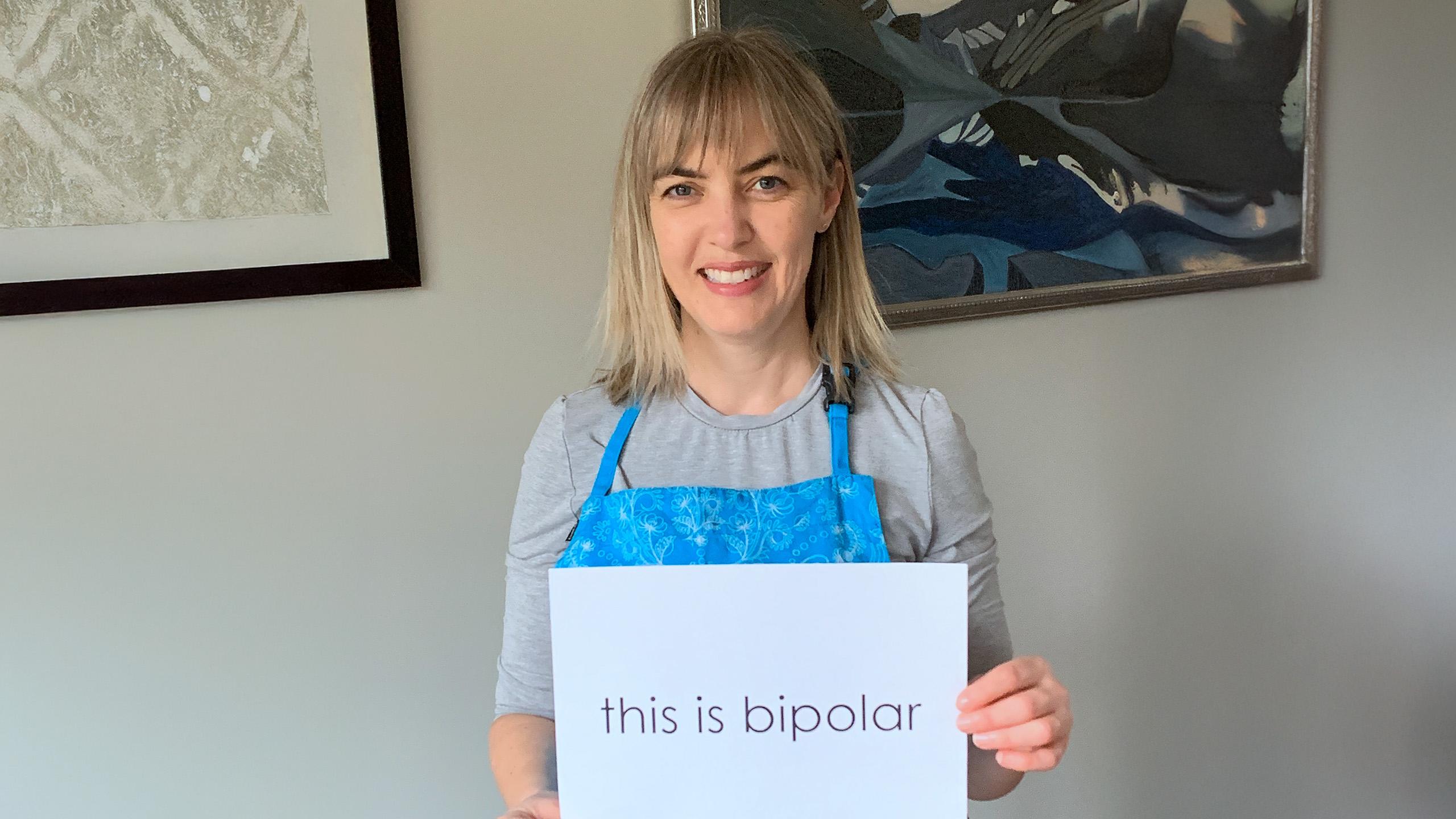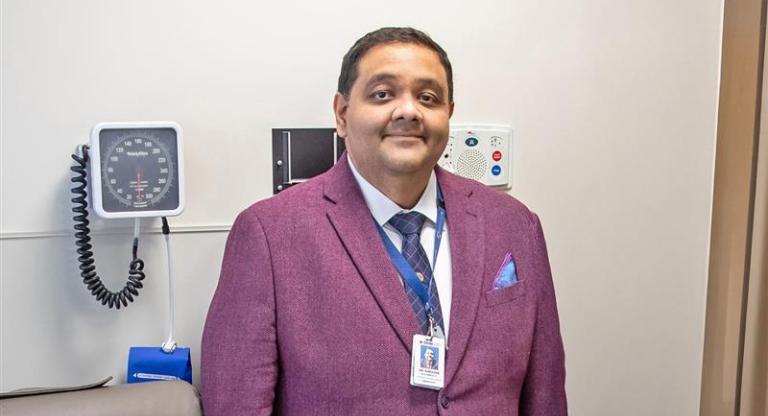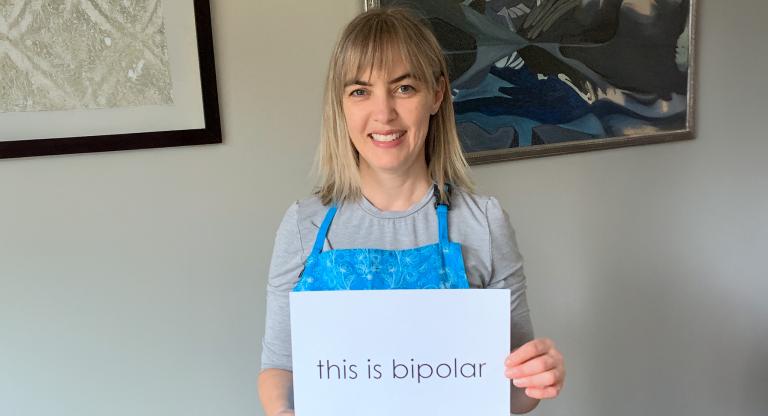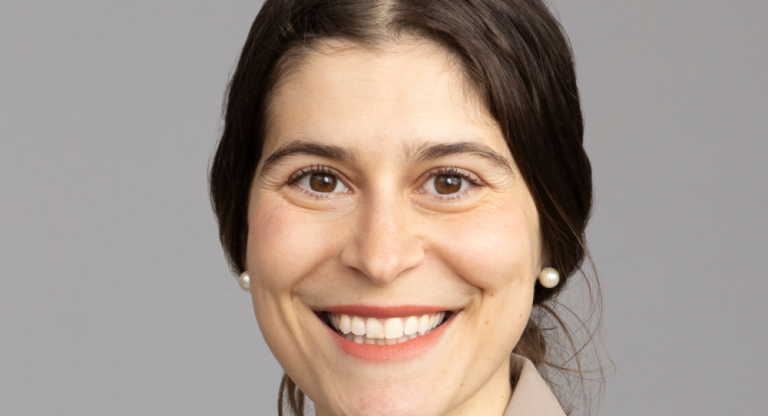Fertility after cancer: preserving the possibility of parenthood
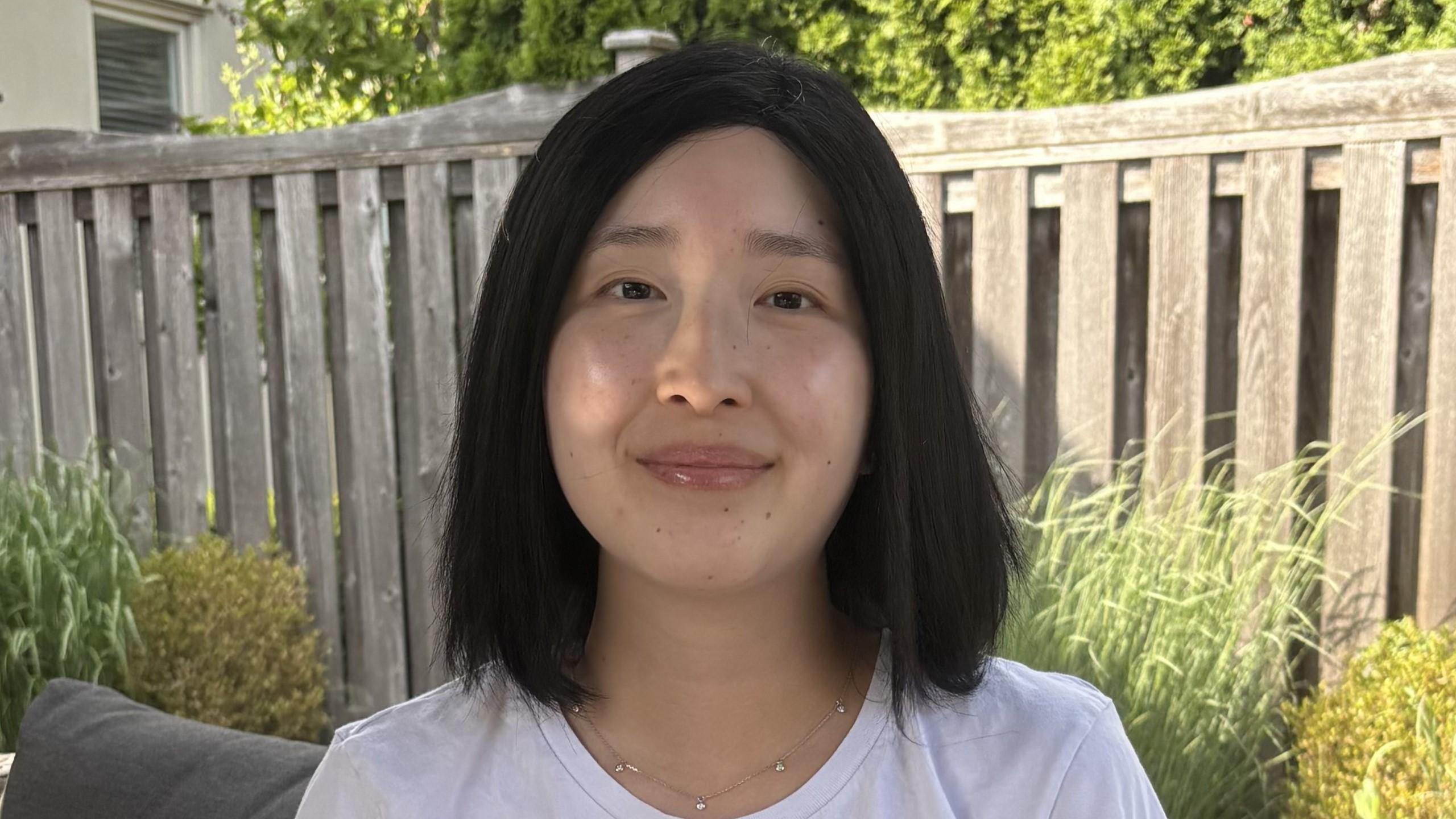
Emily was only 15 years old when she had to undergo radiation therapy to treat the tumour that was growing in her brain. She remembers a brief conversation with her medical team about the impact of radiation on her future fertility and the option of having her eggs frozen before treatment began. But at the time, she felt she only had the mental and emotional capacity to focus on getting better and declined the procedure.
Now, 23-year-old Emily is in remission and dreaming of being able to start her own family one day. With slim chances of being able to conceive naturally, she was referred to Dr. Jennia Michaeli, a Reproductive Endocrinology and Infertility specialist at Mount Sinai Fertility Centre and a Clinical Researcher at Sinai Health.
One of the challenging realities of any fertility journey is that, while some costs may be covered by the Ontario Fertility Program (OFP), which is funded by the Ontario Ministry of Health, many costs must be paid out of pocket. For newly diagnosed cancer patients, urgent fertility preservation procedures that take place before their cancer treatment are often covered — but those that take place years later, in cancer survivors, like Emily, are not. Something that Emily wished had been made clear to her when she was making her initial decision to forego an egg retrieval to preserve her fertility.
Especially since – even with the fertility treatments – Emily’s chances of a successful pregnancy are not guaranteed.
“I feel disappointed that I didn’t have that information at the time,” says Emily. “I think that if I had known back then how much it would cost to pursue this option down the road, I definitely would have been interested in having the procedure before starting my treatment.”
Emily is hoping that sharing her story will spark more conversations about fertility preservation options for young people who are newly diagnosed with cancer, going through cancer treatments and cancer survivors.
Pushing the boundaries of what is possible in fertility care
Dr. Michaeli is on the cutting edge of a field called oncofertility – a specialty that brings together oncology and reproductive research to explore and expand fertility options for cancer survivors. She’s on a mission to advance procedures that can support urgent fertility preservation for children and young adults diagnosed with cancer, and to expand opportunities to preserve fertility for young adults who have survived cancer.
The current focus of Dr. Michaeli’s clinical and research practice is around ovarian tissue cryopreservation (OTC) – a process in which the egg-producing portion of the ovary, called the ovarian cortex, is removed and frozen. This tissue can be stored for many years and then transplanted back into the patient after their cancer treatments are complete to help make it possible for them to get pregnant with their own eggs. This procedure is still new in Canada, but it has been successfully pioneered in other countries for many years with reported success rates of approximately 30 per cent – which is similar to the success rate of freezing embryos or eggs.1
Because the tissue is removed while the patient has cancer, there is a risk that it may carry malignant cells. So, it is critically important to be able to test the tissue and ensure there are no cancerous cells before it is transplanted back into the patient. Dr. Michaeli has partnered with a pediatric pathologist from SickKids to study ways to improve how ovarian tissue is processed and screened for these types of contaminants. She is also advancing the understanding of how to increase the chances of a successful ovarian tissue transplant and subsequent pregnancy.
When you support research at Sinai Health, you’re making it possible for experts like Dr. Michaeli to shape the future of fertility treatments for cancer survivors. Donate today.
Providing urgent fertility preservation when treatment cannot wait
Dr. Michaeli is deeply passionate about supporting children and young people through OTC, but this procedure can also benefit adult patients who urgently need to preserve their fertility and don’t have time to do a time-intensive egg retrieval before they start their cancer treatments.
Heather is a 32-year-old woman who was diagnosed with Non-Hodgkin lymphoma – a type of blood cancer that causes tumours to grow throughout the body. In Heather’s case, the tumor growing in her lung was causing agonizing pain and severely impacted her ability to breathe. Her doctor brought up fertility preservation right away because of her age and referred her to Dr. Michaeli – but they couldn’t wait to start chemotherapy treatment because of how quickly her tumour was growing.
Heather and her husband had a conversation with Dr. Michaeli where she carefully explained all of their options – including OTC – along with all of the risks and benefits of each approach. After weighing their options carefully, Heather and her husband decided that after her first course of chemotherapy, she would undergo an OTC procedure. For them, it felt like the best possible option they had to protect their chances of having their own family after treatment.
And since OTC is still relatively new to Ontario, Heather hopes that her experience can help contribute to a growing body of knowledge about the procedure that can unlock even further options for fertility treatments.
“Cancer can hit a person at any age, and I think this work is so important to provide options for people in the future,” says Heather. “Mount Sinai Hospital is quite unique because not all hospitals are able to offer this procedure. Dr. Michaeli’s specialty and research in OTC helps keep options open for patients and we’re really grateful that this was an option for us.”
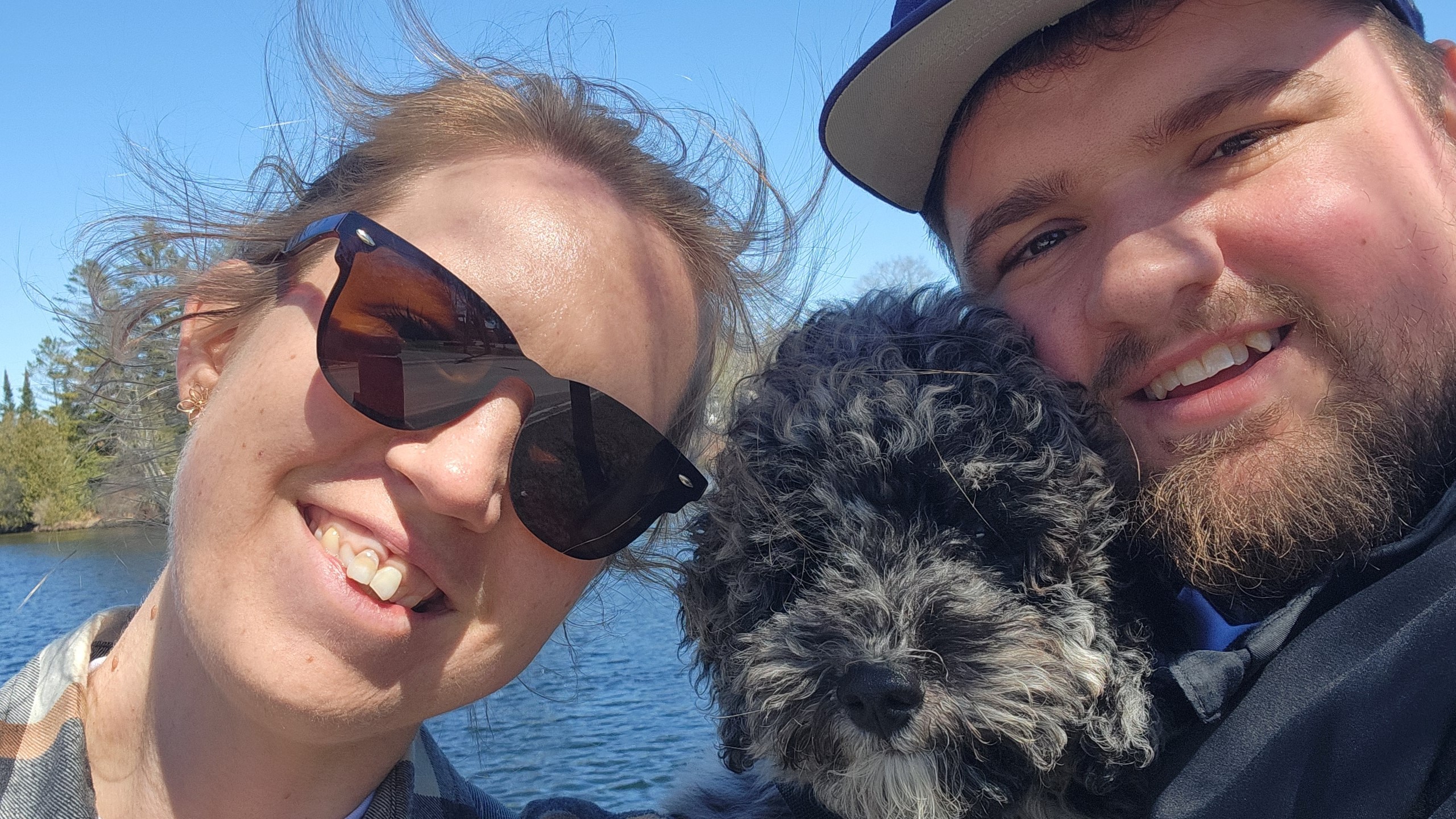
Bringing urgent fertility care to the youngest patients
When her three-year-old daughter Maxine was diagnosed with a stage 4 kidney tumor, one of Megan’s first questions for their health team was, “how do we protect my baby’s ability to have babies?”. In Megan’s work as a nurse, she has met childhood cancer survivors who weren’t given the chance to preserve their fertility and struggled with that reality when they got older. So, no matter what Maxine’s treatment plan was, Megan wanted to do everything she could to protect her daughter's fertility options.
The hospital in London where Maxine is receiving care referred their family to Dr. Michaeli, who is working closely with hospitals across Ontario to set up referral pathways for children to access OTC as part of their cancer care journey, regardless of their location in the province.
For children as young as Maxine, who have not yet gone through puberty, OTC is the only option for fertility preservation. One of the benefits of the procedure is that it can be performed remotely, and the tissue can be transported to the clinic at Mount Sinai within 24 hours, which eliminates the need for very sick children to travel long distances for their care. When Maxine had her successful surgery in May, Megan breathed a sigh of relief.
Reflecting on the procedure and working with Dr. Michaeli, Megan describes it as a bright point in an otherwise difficult health journey.
"When you think of your child, you think of the future. What they're going to be when they grow up. What they might want to do. This kind of research is important, obviously for childhood cancer surviors, and I’m so thankful that we’re able to be a part of it. I think we should be very proud that this is something that’s available for adults and children in Canada.”
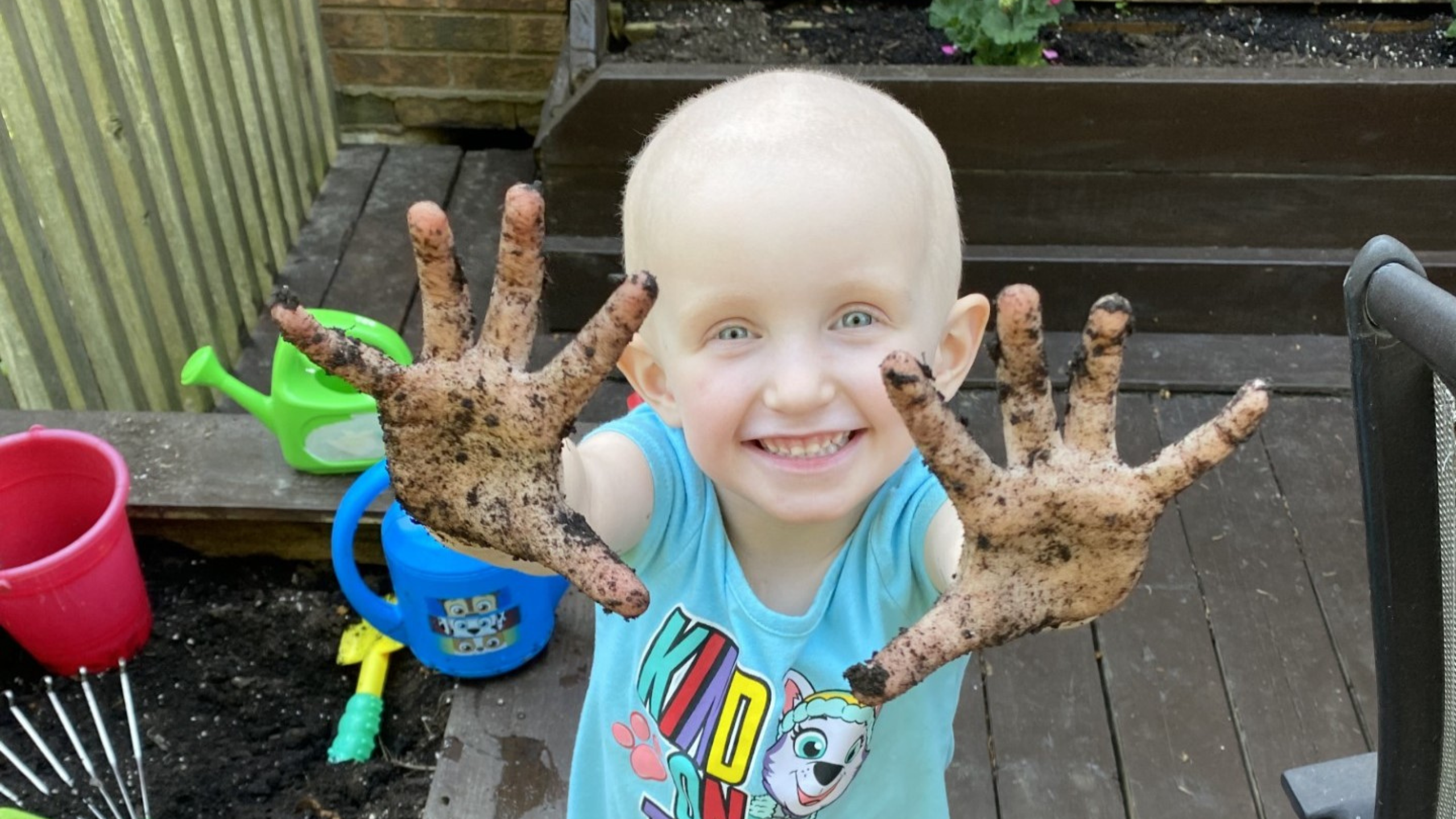
Help us transform the future of fertility care
Dr. Michaeli feels that the most important aspects of her work are advocating for more consistent integration of conversations about fertility preservation into oncology care – especially for young patients like Emily and Maxine – and advancing research to ensure that the options available to them are safe and give them the best chance possible of being able to realize their family planning goals when the time is right.
You can help make this work possible by supporting research at Sinai Health today. When you donate, you are supporting changemakers like Dr. Michaeli who are pushing the boundaries of care and research for cancer patients and survivors. Give today.
1. A comparison of fertility preservation outcomes in patients who froze oocytes, embryos, or ovarian tissue for medically indicated circumstances: a systematic review and meta-analysis
Ní Dhonnabháin, Bríd et al. Fertility and Sterility, Volume 117, Issue 6, 1266 - 1276 https://www.fertstert.org/article/S0015-0282(22)00188-1/fulltext

